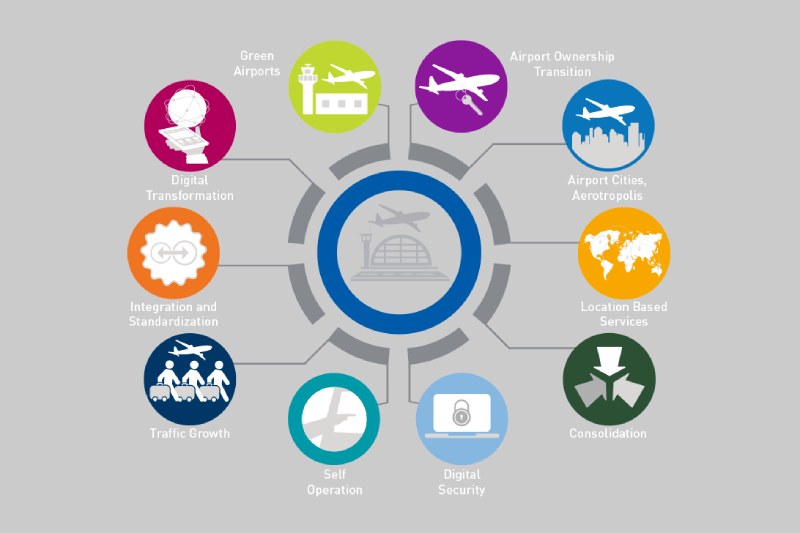Our current technological era constantly develops, with fresh ideas coming to market virtually daily. The importance of data, however, has not altered and most likely never will. Data usage practices are evolving all the time. The need for a more effective method of handling data is also at an all-time high as the data landscape becomes more complex. Data modernization is a solution that has acquired a lot of traction in recent years and is worth considering.
What precisely is data modernization, and what advantages can it offer? Read on to learn more about data modernization and its advantages from this blog!
Table of Contents
What is Data Modernization?
The practice of modernizing an organization’s data infrastructure, known as data modernization, is expanding quickly. Typically, this entails transforming your data into a more contemporary relational database structure. It may also entail enhancing your data’s quality by ensuring it is accurate and comprehensive.
Modernizing your data can make it simpler to use with contemporary technologies. Also, you can share your data with others to raise its general caliber. Its general objective is to work following an organization’s data lifecycle management policy to simplify data use, lower expenses, and ensure security and privacy.
While updating data, there are a number of things to take into account, including:
The amount and types of data
The needs of the business and the current infrastructure.
To ensure the success of a modernization project, it is imperative to collaborate with knowledgeable data specialists. These individuals must be able to evaluate the circumstance and suggest the best course of action.
Many businesses offer data modernization services, which aid corporations in modernizing their data. One of the main service providers for data transformation is Hexaware. They employ an excellent data modernization plan to assist businesses in modernising their data. Data migration, quality management, data governance, and security are a few of them.
They have a group of specialists who have worked with various data formats, including legacy systems and cloud-based applications. They can analyze your data and determine which parts require upgrading. They also provide training and support to ensure you get the most out of your data modernization project.
Benefits of Data Modernization
You now understand the importance of data modernization in the modern world.
1. Improves Efficiency in Data Processing
Increasing the effectiveness of data processing is one of the significant advantages of data modernization. Data modernization improves efficiency by enabling firms to use their data more effectively. Data mining, warehousing, and visualization can be used to do this.
Modernizing data can help organizations increase the quality and accuracy of their data mining. Based on data-driven insights, they can also come to better conclusions.
Converting data to a more contemporary format may be quicker, saving time and resources. Modernizing data can also make it more compatible with new hardware and applications. Incorporating new systems and preventing compatibility problems may be simpler by updating data to a more suitable format.
It can also increase security by transforming data into a more secure format. Data protection from cyberattacks like ransomware and social engineering may benefit from this.
2. Enhances Business Growth
Businesses can improve their growth in a variety of ways with the aid of data modernization. It can help first aid businesses in enhancing their decision-making procedures. Companies can think more clearly about the future when accessing accurate and current information.
By automating tasks, firms can increase the effectiveness of their operations. It can also assist businesses in better understanding their markets and clientele. This can, in some cases, result in better customer service. They consist of more effective response times, excellent customer service standards, and individualized assistance.
Better consumer data will enable firms to offer the best services and raise customer happiness. In conclusion, data modernization can be an effective instrument for business expansion.
3. Improves Accessibility
There are various ways that data modernization might enhance Accessibility. For instance, it can improve data quality and increase consumers’ access to data. Data may be used more effectively to enhance decision-making when readily available. This may then result in improved organizational performance.
Moreover, modernization can make data more straightforward to search for and comprehend. Users can therefore find the information they need more quickly.
Also, it makes data more accessible in several ways. Data conversion to a more user-friendly format is one typical strategy. Users may find it simpler to access and modify data as a result. Another strategy is to enhance data management procedures to make data better structured and more accessible.
4. Enables the Use of Reliable Databases
Data modernization makes it possible to employ dependable databases and data warehouses, allowing for data storage in a manner that is simple to access and easy to analyze. Data modernization can lower the risk of errors by enhancing data quality. Also, it might increase databases’ general dependability.
Also, it enables businesses to make better judgments based on precise information. Moreover, it may lower the price of data storage and retrieval.
5. Accepts Cloud Benefits
Organizations can profit from cloud services thanks to data modernization. Belitsoft and other cloud migration providers can extend their data infrastructure more quickly to accommodate shifting demands. Also, they can access and use data with greater flexibility and save money on data processing and storage costs. In today’s data-driven environment, these advantages may give firms a competitive advantage.
Conclusion
Organizations nowadays are dealing with several data-related difficulties. Data is pervasive, diverse, and expanding exponentially. However, organizations can leverage new and old data to produce new services by modernizing their data. And those fresh goods and services might keep you one step ahead of your rivals.
Also read: Google Analytics
Also read: Aviation Industry
- What are Sitewide Backlinks & Their Impact on Search Engine Ranking - May 22, 2024
- 10 Tips For How To Use Craigslist to Buy - May 5, 2024
- Best 5 ways to how to get play store back on my smartphone? - May 3, 2024



